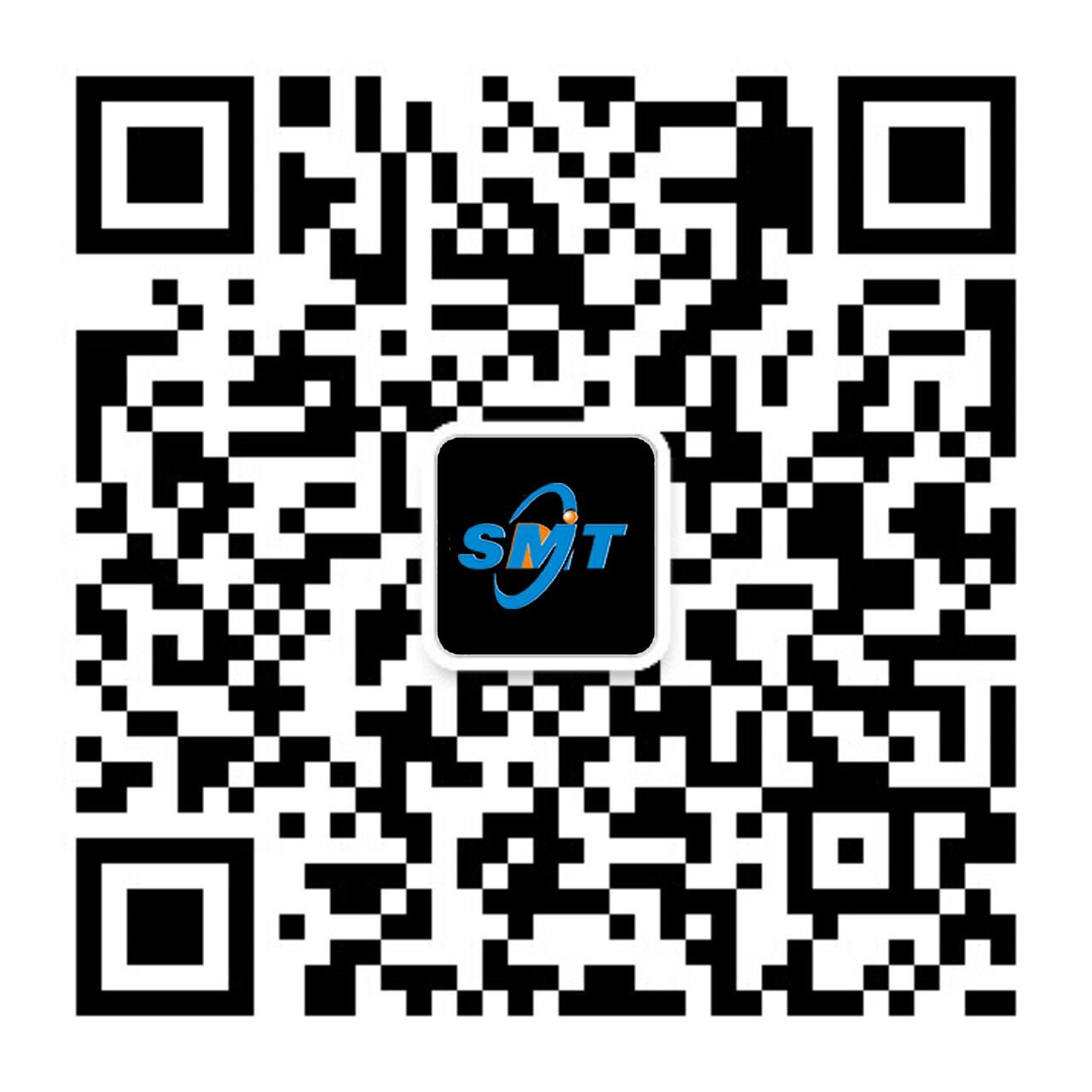The 200 billion tariff finally came. After the stock market closed on the afternoon of September 17 US Eastern time, US President trump officially announced this decision.
Trump said that he would impose a 10% tariff on 200 billion products from China, which would take effect on September 24 a week later. This tax rate will be implemented until the end of the year. From January 1, 2019, the tax rate will be increased to 25%. Trump also said that if China takes retaliatory actions to hurt "American farmers and other industries", the United States will impose tariffs on 267 billion Chinese goods. The reasons for the tax are still directed at China's "unfair trade practices", such as intellectual property rights and technology transfer.
This $200 billion product list can be traced back to July 10. The 195 page US $200 billion product list released by the office of the US Trade Representative (USTR) includes not only high-end manufacturing industries such as semiconductors, chemicals, pharmaceuticals, motors and electrical equipment, but also low-end manufacturing industries such as wood products and consumer goods such as food and furniture.
The list of tariff goods originally proposed by the U.S. government was protested by technology companies. Apple also said in a letter commenting on the government proposal earlier this month, "our concern about these tariff measures is whether the United States will be hardest hit, whether it will lead to slower economic growth, lower competitiveness and higher prices for American consumers."
Although trump responded at that time: "if Apple wants to avoid taxes, it should go back to the United States to produce!" this time, it proved that trump was pure lip service and granted amnesty for most of the products of these technology enterprises.
The final product list released by USTR after modification yesterday showed that no new products were added, but Apple's smart watch, apple watch, wireless Bluetooth headset airpods, Fitbit's smart watch and other consumer electronic products were exempted from the list.
The White House deleted about 300 items from the original list, including some non-technical products, such as bicycle helmets and baby seats.
In addition, some semiconductor manufacturing equipment is still included in the list. Although many large consumer brands and products have been exempted, the valuation of the list is still close to $200 billion.
If trump imposes tariffs on an additional $267 billion of Chinese goods, it means that almost all Chinese goods exported to the United States will be affected, including Apple's smartphone iPhone.
Although some technology goods are not on the final tariff list, some products that assist in the operation of computer networks will be subject to tariffs, such as routers, which will affect some smaller technology companies, such as Eero, a start-up company that produces routers.
The list released by USTR on Monday shows that manufacturing data center servers and network service equipment will be subject to tariffs.
Cisco Systems, Dell technologies, Hewlett Packard and juniper networks all asked to remove these goods from the list, but the U.S. government decided to keep these goods on the list, with only a few exceptions, such as some network related accessories.
In a letter to trade officials on September 6, the above companies pointed out that "due to the increased cost of network products, these tariffs will hinder the R & D and adoption of cloud services and infrastructure."
The wafer industry has also been hit by a new round of tariffs. Colin R & D company, a supplier of semiconductor process equipment, said in a letter to regulators on September 6 that the tariffs on primary silicon raw materials, ceramic machinery parts and other projects will "increase the cost of American manufacturing business and reduce our competitiveness in the global semiconductor manufacturing market."
However, these semiconductor commodities were not spared from the final tariff list.
Just at 3 p.m., a spokesman for the Ministry of Commerce made a statement on the US decision to impose tariffs on $200 billion of Chinese products exported to the United States——
"Despite the opposition of the overwhelming majority at home and abroad, the United States announced that it would impose a 10% tariff on US $200 billion of Chinese products exported to the United States from September 24, and then take other tariff escalation measures. We deeply regret this. In order to safeguard its legitimate rights and interests and the global free trade order, China will have to counter it at the same time.
The US side's insistence on imposing tariffs has brought new uncertainty to the negotiations between the two sides. It is hoped that the US side will recognize the possible adverse consequences of this behavior and take convincing measures to correct it in time. "





